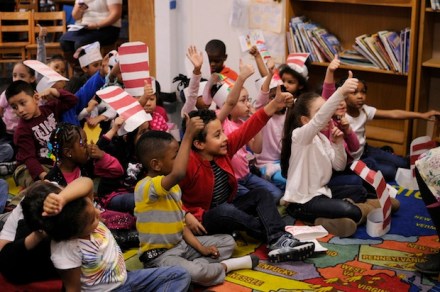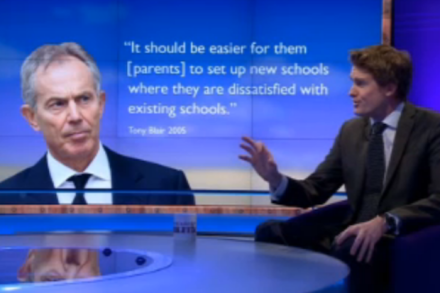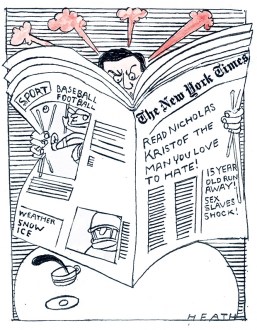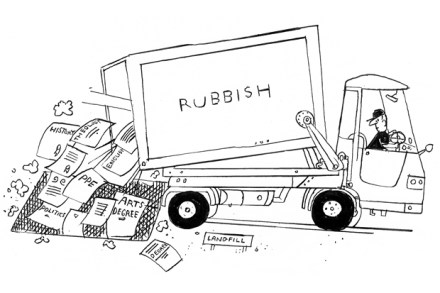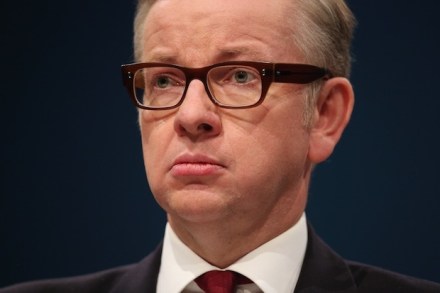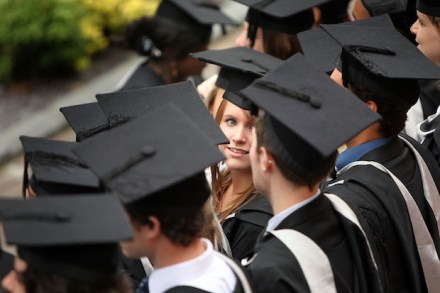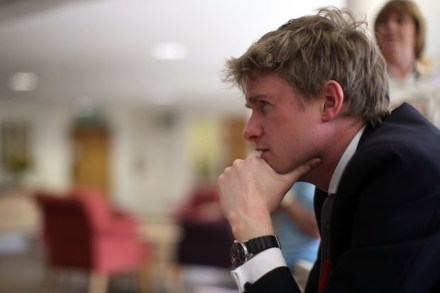The coalition has stabilised childcare costs – so why do headlines suggest they’re rising?
You may have heard about the Family and Childcare Trust’s survey today, about the costs of childcare. You wouldn’t know it from the headlines but it actually found that in England, costs have fallen for the first time since the survey started 12 years ago. The figures in the report show that, after inflation, the cost of nurseries fell by two per cent, the cost of after-school clubs fell by five per cent, and the cost of a child-minder’s after-school pickup fell by a full 13 per cent. There is now mounting evidence that childcare costs have at last stabilised after more than a decade of rising prices. The health
